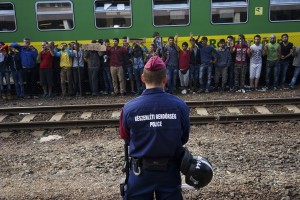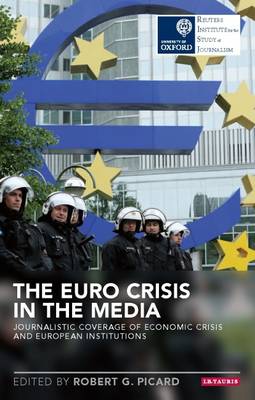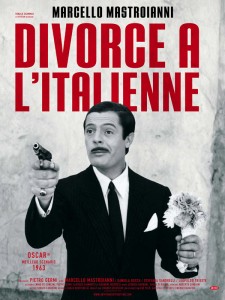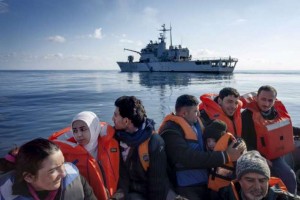 Nobel-Laureate-Paul-Krugman recently used his New York Times column to instruct Grandmothers on the best method for removing the contents of intact eggs (hint: with a straw). But his reductive account of Keynesian economics merely obliges a response on behalf of those he targets, despite his salvo falling both short, and wide. Unfortunately, the only serious response one can make is that, although the larger debate between Keynesians and ‘austerians’ will rumble on, probably forever, it is a long time – about 2 years – since this exercise in academic reputation management had any serious impact on policy debates.
Nobel-Laureate-Paul-Krugman recently used his New York Times column to instruct Grandmothers on the best method for removing the contents of intact eggs (hint: with a straw). But his reductive account of Keynesian economics merely obliges a response on behalf of those he targets, despite his salvo falling both short, and wide. Unfortunately, the only serious response one can make is that, although the larger debate between Keynesians and ‘austerians’ will rumble on, probably forever, it is a long time – about 2 years – since this exercise in academic reputation management had any serious impact on policy debates.
No doubt, lines were drawn and sides taken, but this was back in 2010 when UK Chancellor George Osborne first put forward his plan for reductions in public expenditure in the face of a downturn. Against this came the accusation that not only was this wrong, but that this notion of ‘austerity’ was so obviously and transparently wrong, the only explanation for supporting it was an ideological commitment to shrinking the state. Indeed, it was argued by Krugman et al at the time that the austerity ‘lie’ – sometimes referred to as a ‘scam’ – had no economic credibility whatsoever and was merely throwing dust in the eyes of a credulous public.
Countering this view – aside from many famous and credentialed economists at the time and since, notably here and here – Jeffrey Sachs has recently weighed in to suggest that Osborne had been shown to be broadly right, and his policies broadly successful in dealing moderately and carefully with a very real crisis of credibility in the UK’s public finances. For this, Sachs was subject to the usual criticisms and the repetitive assertion that austerity ‘had no economic credibility’ and ‘had clearly failed’ but his response was simply that Krugman was ‘being ideological’, suggesting in the end that the results of the May general election ought to serve as a corrective to Krugman’s hubris.












